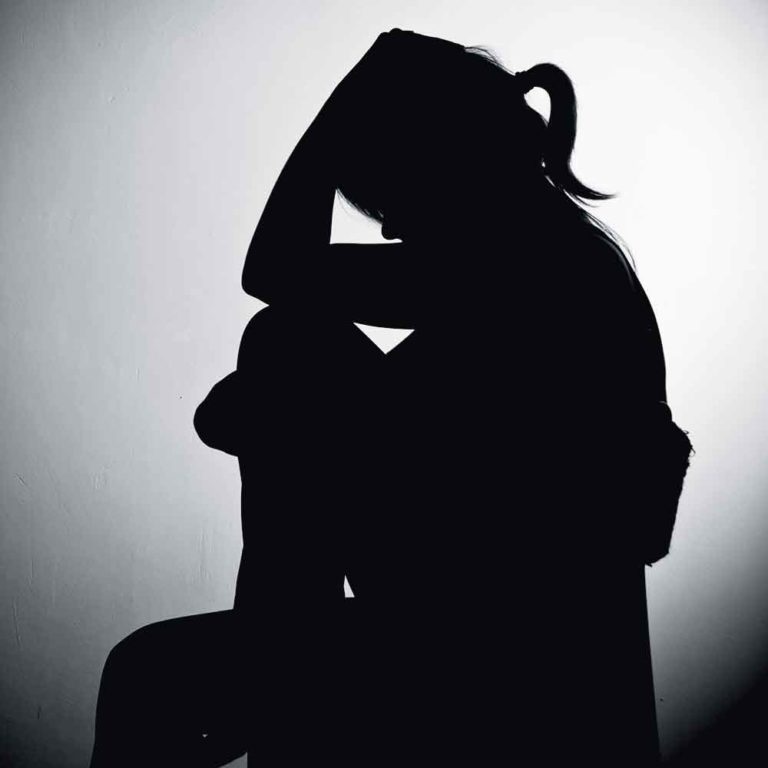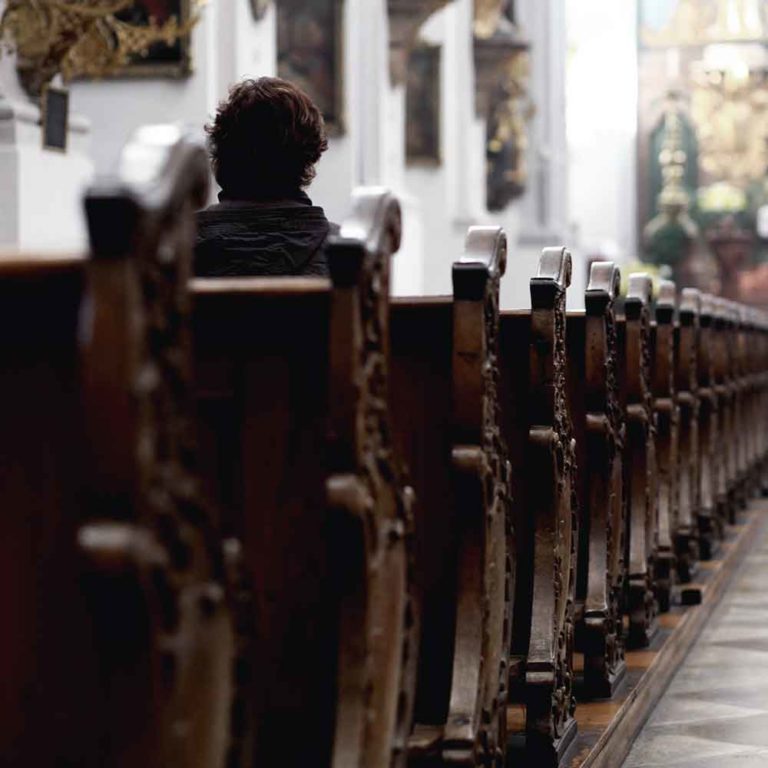How much do you trust your thoughts?
I recently found myself realizing that I had allowed my thoughts to wander into dangerous territory – that I was starting to make judgement calls based on my interpretation of events rather than the truth of the situations I found myself in. It was a scary wake up call to realize that I was regarding others based on a selfish perspective rather than seeing the true intention behind what they were doing.
Sounds intense? That’s because it is. But you don’t pick it up straight away… There is a subtle lulling of the senses when it comes to lies that we begin to believe. Here are a few that I have had to call out in my own thought life before they began to derail my confidence and trust.
No one really cares
Self-pity is more toxic to thoughts than anything else. It’s the trusty partner of jealousy, anger, malice and the basis for all kinds of wrongdoing. I found myself becoming way too sensitive to how others spoke to me or treated me, when in reality everyone around me was just living their best lives. Just because someone doesn’t do exactly what you desire or expect to connect with you does not mean they don’t care. If you question others’ actions and words constantly it’s based on an insecurity that is YOUR problem – not anyone else’s. You can believe no one cares and stay a victim. Or realize that it is a lie that is tainting your perspective and approach others with the intention to give rather than receive. Just because you’re an introvert doesn’t mean you have nothing to give to those around you. Don’t allow any ‘label’ to support a lie in your life.
You have no purpose
Our generation specifically consistently seeks for meaning in our actions – we want to know that we are making a difference or having some kind of impact on the world around us. But the fact is there will be more time in the mundane – where you are simply eating, drinking, doing bills and laundry – than impacting any amount of people. It is in the times where no one seems to notice you or acknowledge your efforts that you can start believing that you have no purpose. That’s a big lie. You have purpose – specific, powerful purpose. Just because you or others can’t see it right now does not mean it is not there. Anything of value is going to take some time. Overnight successes are bread in years of darkness. To not believe this lie, you are going to have to believe God has given you purpose that he will bring to pass. Without a relationship with God, it is impossible to have hope in this area – believe me I know.
You’re alone in this
This is a lie that is crippling our age. Many studies are reporting loneliness is at an all-time high – brought on mainly by the illusion of connectivity that social media represents. But no matter how many Instagram followers, Facebook ‘friends’ or views on your video you have, you can potentially feel lonelier than ever. It’s evident with the whole celebrity problem as well – millions follow them, but they are so ‘untouchable’ that they don’t have genuine connections (outside of the community of church). I know there have been many moments where I have started to believe the lie that I am alone in my struggles – that no one else seems to be battling with security, relationships, friendships, addictions, self-worth or finances. If I have learnt anything in the last few months it is that everyone is struggling with something. But they are allowing themselves to be isolated by pride. In not being honest about the struggle, you think you appear ‘on the same level’ as others, when the fact is we will always perpetually be on the same level – in need of help and grace.
The main remedy for loneliness, however, is something way more personal than just admitting than you need help. It’s a personal relationship with God. He promised to never leave us. He is always available – even when your best friends’ phone battery dies and your family are half way round the world. If you would like to know the greatest companionship life will ever offer – click on the link below to find out more.










